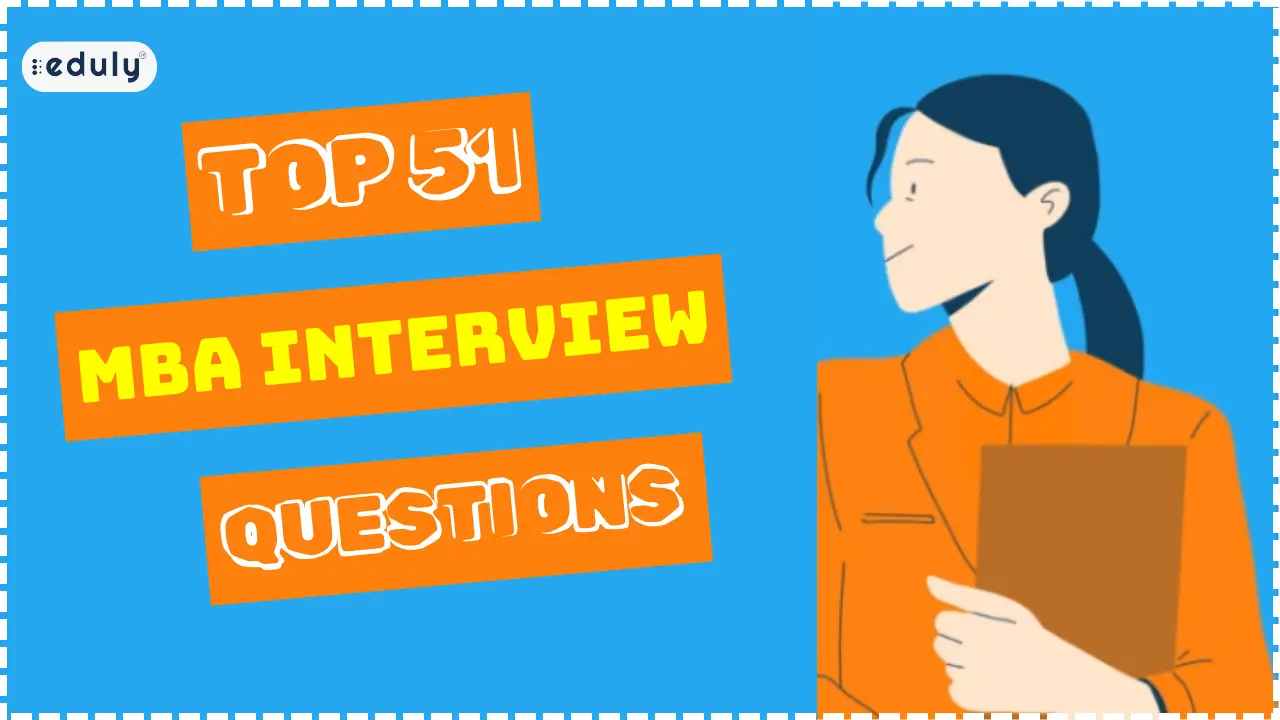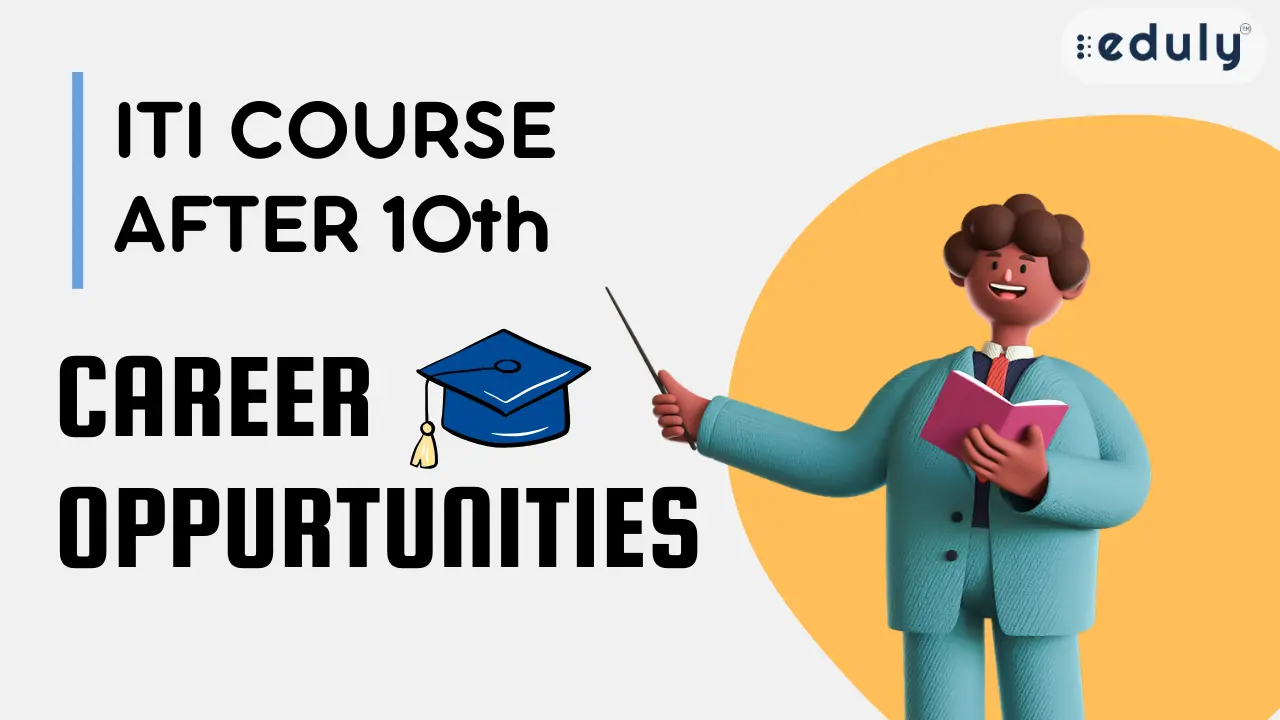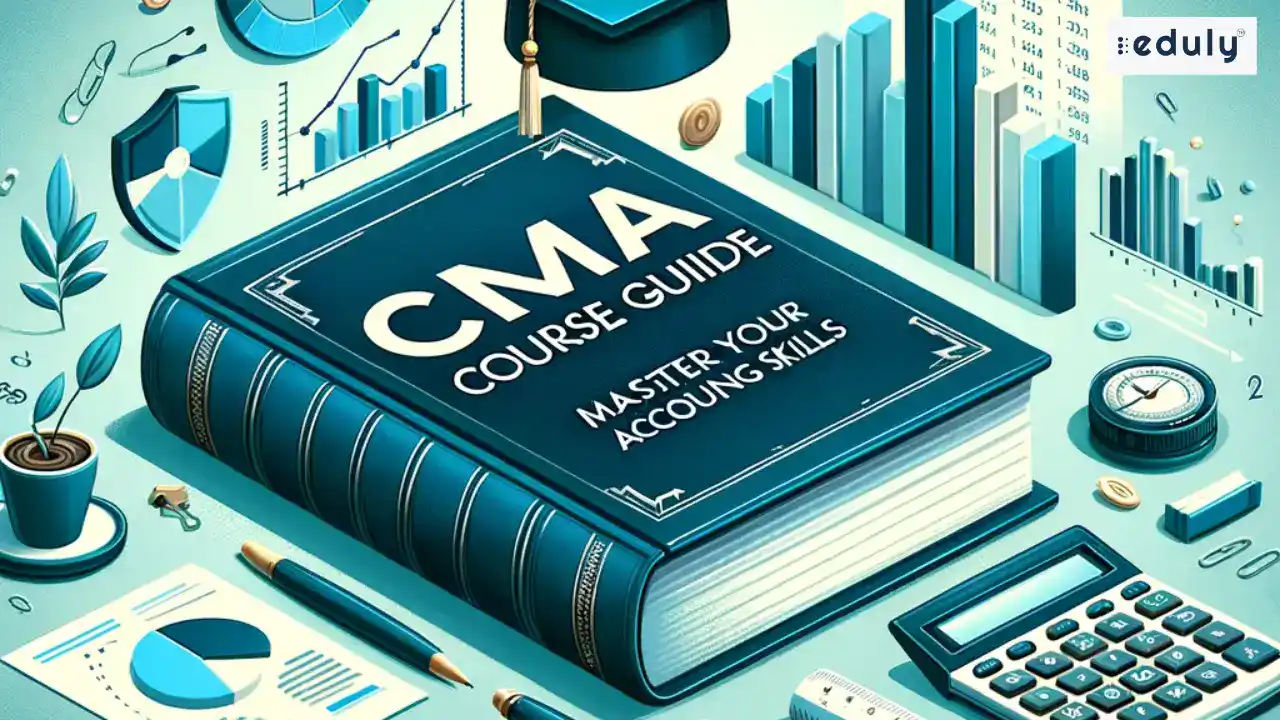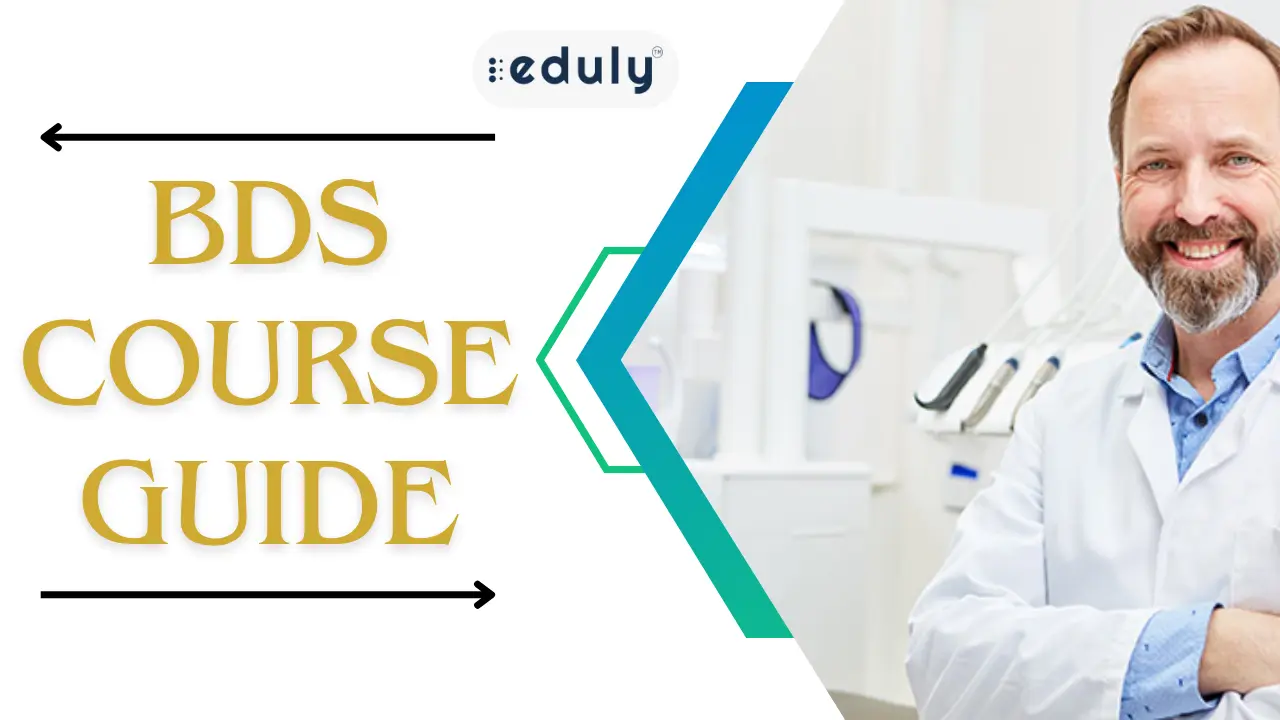Introduction
The interview is the last step of your MBA affirmation process and the most vital one. It is the leg where school confirmation specialists would sit with you to comprehend your abilities and capacities to comprehend regardless of whether you are an ideal choice for their college. The spotters need to know why you want an MBA and what esteem it brings to your profession. These MBA inquiries can be very scary. Here are some successive MBA inquiries questions and answers that will assist you with arriving at your fantasy school!
Top 51 MBA Interview Questions with Answers
Q1. Tell me about yourself?
My background is rooted in finance, having spent the last five years employed at XYZ Enterprise. During this time, I’ve leveled up my abilities in monetary examination and tasks with the executives, which I accept will be significant resources in an MBA program.
Q2. What qualities suit you well for this program?
I think my qualities of self-assurance, organization, and professional motivation make me a good candidate for an MBA.
Q3. Would you please go over your resume with me?
I was working as a marketing intern while I was an undergraduate business administration student at XXX University.” I consequently acquired abilities including professionalism, attention to detail, and management of digital marketing and advertising campaigns.
Q4. Which abilities, in your opinion, stand out the most on your resume, and why?
I’d go with networking and communication as they’ll also help me be a better listener. In my opinion, effective communication abilities are the foundation for all other abilities.
Q5. Tell me about your prior work experience and degree, please.
Following my undergraduate studies, I was employed by XXX company for a YYY position since they valued my patience and analytical skills throughout the interview process. With the help of my strategic analytical approach, I was also able to build a 2X revenue growth for the business. Afterward, I was assigned to head a team and discovered that leading my colleagues was challenging. It was difficult as I was moved into the product and project management industry at the same time.
Q6. What hobbies and interests do you have?
I enjoy planning social gatherings every month and making new friends. I’ve learned a lot about a variety of topics and important life lessons thanks to this. Additionally, you might go into detail about how you came to have this certain passion or pastime and how often you engage in it.
Q7. Which book is your favorite?
XXX has been my all-time favorite book; I read more historical books and science fiction. You may also discuss a character with whom you identify.
Q8. Is there anything about you that your CV does not include that I should know?
I have taken up the hobby of personal reading and meditation over the last two years.” I started reading regularly, and that helped me become much more focused on my work. I’ve also found that meditation helps me focus better and relax.
Q9. Which personal qualities do you think are strong and weak for an MBA?
I hesitate to strike up discussions and socialize with people right away. But I’ve been trying to avoid being a recluse by attending social events. Keep in mind to be aggressive and confident in your skills while remaining courteous and modest when stating your weaknesses.
Q10. In what ways do you consider yourself to be a superior business administrator?
I believe that effective communication, problem-solving, and attention to detail are essential skills for a company administrator. I have worked with a variety of business initiatives and coworkers in the past, and I have always demonstrated these abilities and traits. Consequently, I think I’ve mastered the best administrative quality because I also have interpersonal abilities.
Q11. When you get an MBA, how do you intend to maintain the organization?
My strongest suit is maintaining organization. Throughout the program, I want to work carefully and meet deadlines. I make work calendars and personal timetables so I never get behind schedule.
Q12. Why do you think you’re the ideal fit for this program?
I’m a positive person and have been working on developing my business management skills before joining the program. Among my prior accomplishments is the completion of an internship at XXX Institute, which helped me design a future that is growth-oriented and inspired me to pursue an MBA.
Q13. Which other B-schools have you applied to?
I applied to five schools because I think they have the best programs, but this school is at the top of my list,” and then rank the other universities according to your preference.
Q14. What obstacles do you anticipate encountering in your MBA pursuit?
The MBA program is undoubtedly difficult. Time management is one of the obstacles I anticipate. But I can utilize your program, tools, and curriculum to their fullest. By arranging my job plans in a constrained amount of time, I hope to accomplish this.
Q15. In what ways does an MBA benefit your career now that you have one?
I finished my undergrad with a GPA of 8.9, so I consider myself partially successful at this point in my career.” Beneath these figures was a driven me, willing to learn and constantly willing to improve. Nevertheless, an MBA will be very valuable in enabling professional development and upskilling to succeed in the sales and marketing industry.
Q16. What an MBA candidate’s expected career path may state.
As my career graph advances, I hope to have a position in the Sales and Marketing domain as a senior marketing executive. By then, I also hope to have developed into a proficient communicator, an effective leader, and an in-depth grasp of strategic marketing.”
Q17. You claim to have prior employment experience on your resume. What then led me to decide to pursue a degree once more?
My prior employment taught me a lot of valuable traits and abilities. I did, however, see that the position might restrict my future development and skill set. So I decided to enroll in an MBA degree to put the cherry on top and expand my skill set.”
Q18. Why did you believe that juggling your prior employment and an MBA degree would be impossible?
I decided to leave my last job, as I believe I had to give my 100% to an MBA degree to get the best out of it. If you had any financial obligations at the moment, you would have decided to multitask.
Q19. Why did you decide against taking a job right out of school to enroll in an MBA program?
An MBA degree will help expand my skill set in the XXX sector, which will eventually fetch me higher positions and broaden my job opportunities. I chose to pursue an MBA degree over a job that would only provide restricted growth since it will help me get credibility when I go to job interviews.
Q20. What inspired you to get an MBA?
Discuss the long-term advantages of acquiring management skills. Outlining your long-term career goals and how business administration can help you achieve them would be a different strategy.
Q21. How do you handle pressure-filled circumstances and demanding schedules?
I always like to concentrate more on the outcome than the circumstances. I will be inspired to go through challenging and stressful situations by the objectives I anticipate for each scenario.
Q22. Which superhero, out of all of them, would you be?
You could state, “My superpowers would be speed and endurance.” It’s because I can remain composed in the face of difficult situations. I can not only complete the assignment quickly, but I can also handle stressful situations with ease.”
Q23. When and why was the last time you were upset?
You may declare, “Normally, I don’t bring my feelings to work.” On the other hand, I have become angry on occasion. My friends’ continual criticism of me for an earlier error was the last thing that made me angry. However, I was able to gather my composure and explain to them that I had fixed the error and that they didn’t need to gently critique it anymore.
Q24. Did you ever feel as though you were lagging?
As an example, “I was assigned an on-field project to complete with other coworkers during my prior internship, which was also my first. I was unable to accelerate at first since I was inexperienced. On the other hand, my master’s program colleagues were more efficient. I had to put in more hours, improve my skills, and quicken my pace after coming to this knowledge.
Q25. What inspires you the most?
It’s okay to say, “I think every day will help me grow and learn new things.” I am therefore most motivated in challenging circumstances by my ongoing evolution. Other arguments include fulfilling obligations, engaging in constructive rivalry with others, etc. Refrain from giving standard responses, though, such as money or grades.
Q26. What are your professional aspirations?
As I finish my MBA, improving my performance metrics is my short-term objective. My long-term objectives are to advance to the position of financial analyst, specialist in my field, and an indispensable team player at my current employer.
Q27.What are your professional aspirations?
I want to work in a team that values my professional development to reach a particular professional milestone. My goal is to become an approachable employee who guides and supports other employees to accomplish this.
Q28. Does your personal life get in the way of your career goals?
I had made sure that my professional aspirations would also foster my personal development! But if such a tragic thing happens, I’m looking forward to weighing both of our lives equally and determining what adjustments might be made to help me.
Q29. How do you want your career to progress?
The greatest GPA I have ever had for an MBA would be my first professional accomplishment. After working as a marketing specialist for two years, I hope to advance into a role where I can mentor and teach other professionals in my industry.
Q30. What characteristics are you looking for in a new position?
I hope to work in a team environment that encourages productive collaboration in my next role. With a team like that, I believe I will have plenty of room to pick up technical skills that will help me advance very quickly.
Q31. What would it mean to you to land your ideal job?
I’m positive that having my ideal career would complete me as a human. That employment is a whole package because it will support my abilities, financial situation, and mental wellness!
Q32. What’s one daily action you can do to get closer to your professional objectives?
Continual learning and skill development are required of MBA graduates. To stay current with the sector, I have built a daily network to exchange my opinions and receive others.
Q33. Expanding your knowledge or becoming an authority in your field. Which do you prefer?
To the extent that I can fulfill my duty, I would first like to maintain my emphasis on my field. Nonetheless, I refuse to stop myself from increasing my knowledge.
Q34. How much will you make in your first job after earning an MBA?
My ideal first employment would be in sales and marketing. I also anticipate receiving a salary of (your estimated compensation), as I am a more recent yet competent candidate.
Q35. Tell about a time you had to modify your approach to collaborate with persons from different social backgrounds?
In one instance, I had to set up a writer’s gathering. There would be participation from writers from all across the world. After going through this, I changed the way I approached my work and had a greater appreciation for cultural differences, which ultimately led to better results.
Q36. Give an instance where you went above and beyond?
My coworker developed a fever, and we were very close to a strict deadline. I didn’t choose to assign the assignment to a friend, though. I, on the other hand, made extra effort to make sure I temporarily replaced him. I also think that in certain situations, that’s the best a leader could hope to do.
Q37. Are you more productive working alone or in teams?
Depending on the task, perhaps. Certain activities require teamwork, where I must actively communicate with others and put shared ideas into practice. But I can also work completely focused and productively on my own.
Q38. Why did you choose to get an MBA?
Discuss the long-term advantages of acquiring management skills. A different strategy would be to list your long-term goals for your career and the ways that business administration can help you get there.
Q39. What would be your course of action if you were assigned to work with a buddy or coworker with whom you are not friendly?
I will still value my coworker’s perspective and approach even if we don’t get along. Thus, I think that with this kind of thinking, there won’t be any room for disputes.
Q40. How would you respond if a superior or coworker continually criticized you?
I consider accepting responsibility for your mistakes and growing from them to be the most important life lessons. I am an open-minded person. Consequently, I would finally pay attention to their criticism and find out what they had to say!
Q41. Describe a scenario where you had to prioritize a task despite having too much work to complete?
I was asked to oversee some juniors who came for a week of training at one point during my college internship in addition to managing the duties I already had. Yet, I was unable to perform both tasks with 100% efficiency at the time because my project was in a critical phase. My supervisor changed the dates of the training program after I spoke to her gently.
Q42. Share a scenario where the leader of your team wasn’t working well?
I’ll talk to the team leader to find out why they’re not performing up to par. I would then work to resolve the problem together.
Q43. Could you give more details on a moment when you showed leadership abilities?
In my previous position, the company had a tight working relationship with a potential high-end client, but there wasn’t enough time to showcase our special services. I quickly volunteered to lead a creative team to present to the client, delegating work to each team member based on their interests and skill set. We were able to secure the client in the end.
Q44. How would you resolve a dispute between two team members while you are the team leader?
I respect the diversity in interests and personalities on both sides. In light of this, I think I can resolve disputes in a team setting. I shall see to it that my judgment or viewpoint on the matter serves the interests of both parties and puts them at ease.
Q45: What encouragement would you give to a teammate who isn’t giving it their all?
To start, I’ll try to determine what is demotivating them and reassure them that their concerns are unfounded. To help the members feel confident and take the next step, I’d also be willing to continue my training or give them more time. Most essential, I’ll give them enough time to change without endangering the final product of my labor.
Q46. Explain a time when you collaborated with a varied group of individuals?
Since I moved out to XXX (city, state), I worked with a variety of folks during my undergraduate internship. I encountered individuals with diverse lifestyles and acquired a new language, making my experience one to remember. I was not previously as adaptable and flexible as I am now because of this.
Q47. Define SMM?
Customer investment, product marketing, and customer retention are all accomplished through social networking networks. Social media marketing, or SMM, is the term for this strategy. SMM can change customer behavior and rapidly produce leads. Discussing how social media has become so popular around the world is another method to explain why social media marketing is so popular.
Q48. What is the change in paradigm?
A business can bring about a paradigm shift, which eventually benefits one business model over another. This may involve creating or removing a department or changing how the firm is perceived. Enhancing sales and brand recognition is the goal of this operational modification.
Q49. How does marketing for consumers and customers differ from one another?
Though they might say the same thing, customer and consumer marketing use two different approaches. Marketing to potential customers who purchase goods or services for non-commercial use is known as consumer marketing. Customer marketing, on the other hand, seeks to retain current clients by offering them suitable and beneficial experiences.
Q50. Describe the marketing supply chain?
A business’s networks or connections with its suppliers make up a supply chain. To guarantee that the supplier satisfies the needs of the business, it is a link made up of everyone and everything that connects the two parties. Manufacturing, sourcing, delivery, and other activities are all part of a supply chain.
Q51. What knowledge do you have regarding ambush marketing?
Another word for ambush marketing is guerilla marketing. Businesses use this strategy to match their goods and services to well-known occasions or places that they do not support. It’s a very low-cost and highly successful associative marketing strategy. It offers a high return on investment for a minimal investment and works best for startups.
Conclusion
Conclusively, the top 51 MBA interview questions and answers for 2024 are your key to unlocking the door to your dream business school. By preparing thoroughly, you can approach your interview with confidence, ready to showcase your potential and ambition.
Also Read: Top IAS Interview Questions




